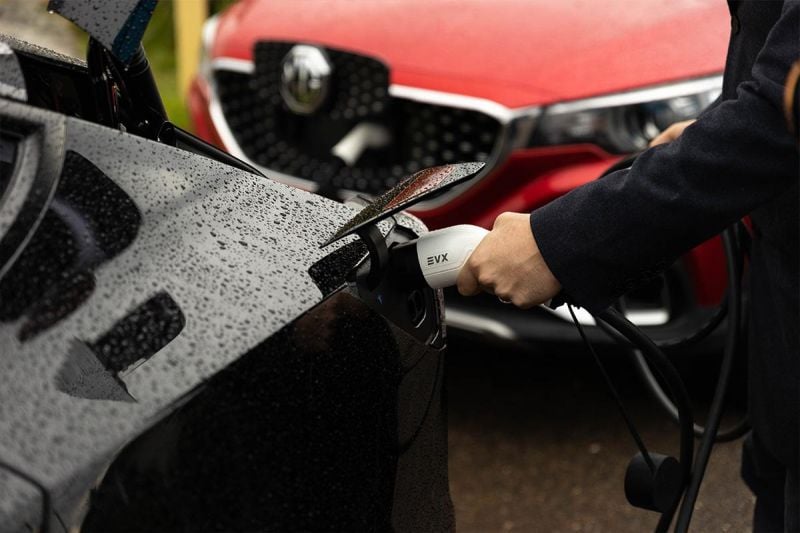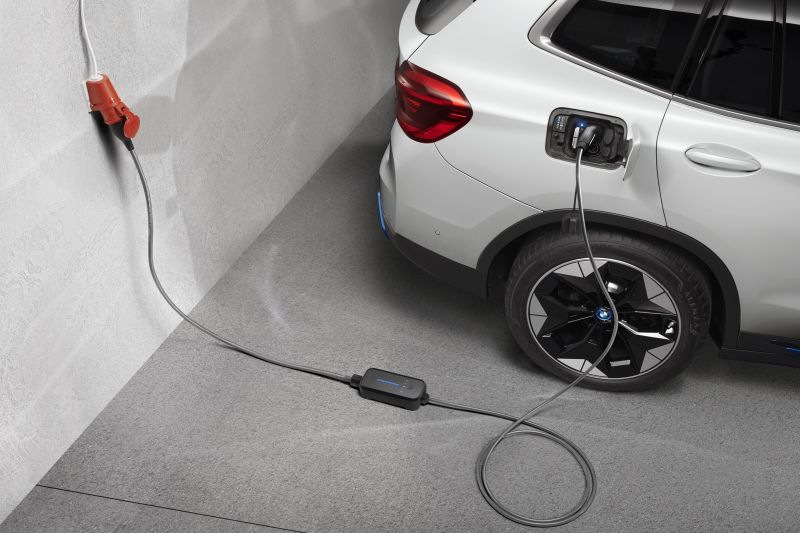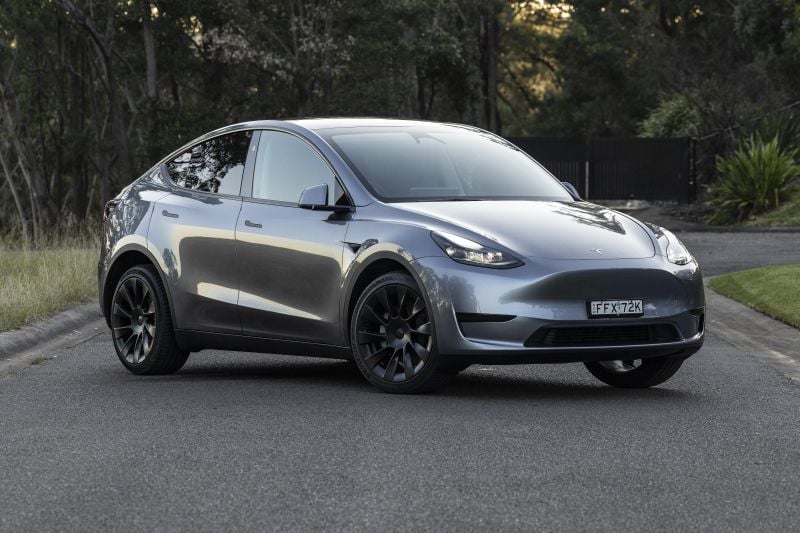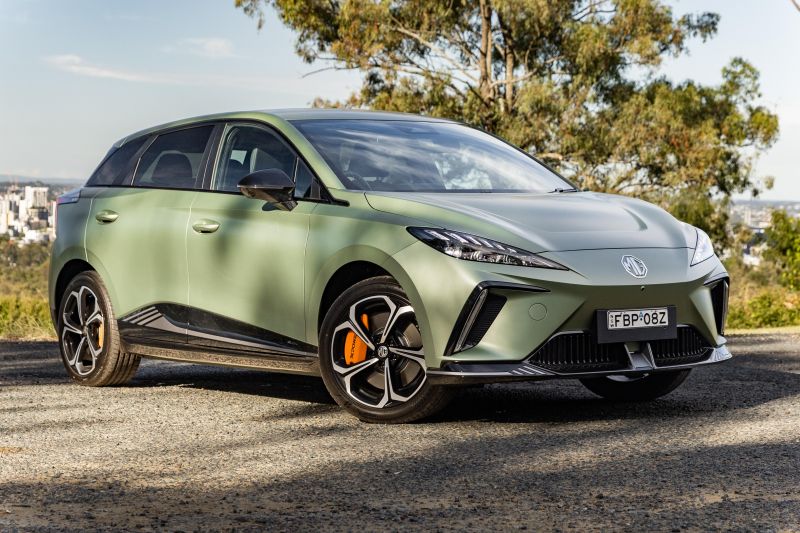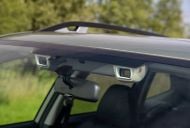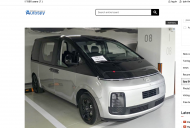Australians have become somewhat more apprehensive about buying electric vehicles (EVs) according to a new survey conducted by CarExpert.
In a previous survey we conducted in 2023, involving 833 people buying or intending to buy a new car, only 12 per cent of respondents said they wouldn’t consider an EV, with a further seven per cent saying they’d never considered one.
A follow-up survey this year, involving 830 buyers and intenders, found 15 per cent of respondents wouldn’t consider an EV, while eight per cent responded saying they’d never considered it.
While the proportion of respondents who said they’d consider an EV for their next car remained the same (34 per cent), the percentage of those who said they’ll almost certainly buy an EV this time slipped from 16 per cent to 13 per cent.
100s of new car deals are available through CarExpert right now. Get the experts on your side and score a great deal. Browse now.
The lack of charging infrastructure in Australia was cited by 65 per cent of respondents as the main reason they were unlikely to consider an EV as their next car.
This was followed by range and price (both at 53 per cent) as well as depreciation (48 per cent).
A further 46 per cent of respondents suggested they may eventually want an EV, but would like to see what they’re like in five or more years.
Finally, almost a quarter – 24 per cent – listed something else as the reason for their reluctance, with this including concerns over fire and environmental risks, as well as battery life and cost.
The head of the body representing car dealers in Australia said that while the federal and state governments are looking at expanding public EV charging infrastructure, there needs to be more of an emphasis on home charging to address buyers’ concerns.
“We need to start really talking about home charging. Those are the customers we need to service first, those who are able to charge at home,” said James Voortman, CEO of the Australian Automotive Dealer Association (AADA), at CarExpert’s Road to Purchase 2025 presentation this week.
“If you look at all the government incentives in this space, it’s all around public charging and so forth.
“I think the thing we should really be trying to do, more than anything, is ensure that people are able to charge their vehicles at home, and that includes doing things like investing in the retrofitting of these apartment buildings,”
“That’s a big problem for a lot of those EV customers who often are those inner-city people.
“I think home charging, we need to start looking at things like FBT concessions on them – any solutions that make it more attractive for people to charge at home.”
Monthly sales of EVs in Australia reached their peak in June 2023 with 11,042 vehicles, accounting for nine per cent of the new car market.
They cracked five digits again in February and March 2024, when they accounted for 10 per cent of the overall market both months.
Since July 2024, however, EV market share has been hovering around six and seven per cent.
While more and more battery-electric models and new auto brands pour into the Australian market, Tesla remains the EV market leader by far – and when it falters, naturally EV sales growth overall looks weaker.
Tesla has posted seven consecutive months of year-on-year sales declines, culminating in the MG 4 usurping the Tesla Model Y as Australia’s best-selling EV in October.
This has impacted EV sales growth as, while EV sales have continued to rise (January-September EV sales were up 6.6 per cent on the same period last year), this growth has been surpassed by that of hybrids and plug-in hybrids.
Over the same three quarters in 2023, hybrid sales rose by 87 per cent, while PHEV sales soared by 120.5 per cent.
In contrast, sales of EVs in the first three quarters of 2023 were up 202 per cent over the same period in 2022, while hybrid sales were up by only 17.5 per cent and PHEV sales were up by 47.1 per cent.

